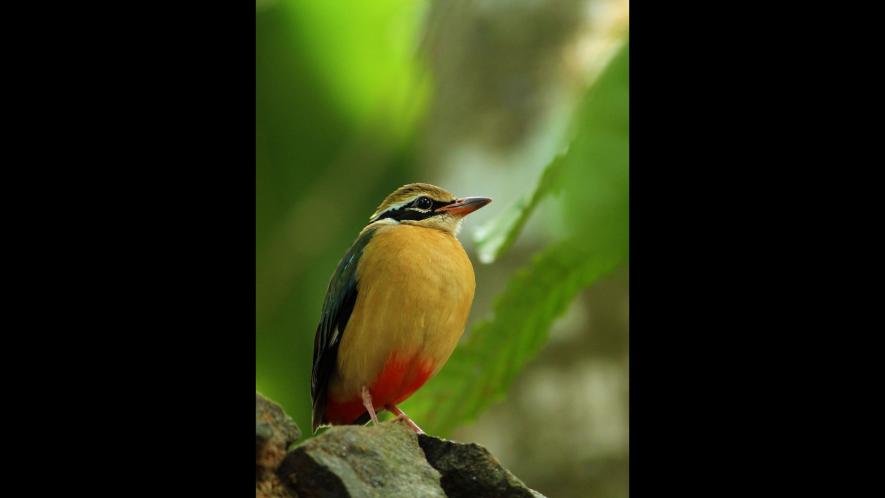Climate Change, Habitat Loss and Overexploitation Triggering Decline of Global Bird Population

There has been a staggering decline in bird population globally, concludes a study comprising scientists from multiple institutions. The concerning fact was published in the journal Annual Review of Environment and Resources on May 4.
The global decline of the avian population is attributable to factors related to human activities. Scientists say that climate change, loss of habitats and overexploitation are the primary contributors to the decline. Moreover, the authors caution that climate change can be identified as an emerging driver of the bird population decline on a global scale.
Alexander Lees of Manchester Metropolitan University, UK and a research associate at Cornell Lab of Ornithology, USA, the study's lead author, commented, "We are now witnessing the first signs of a new wave of extinctions continentally distributed bird species. Avian diversity peaks globally in the tropics, and it is there that we also find the highest number of threatened species."
The study found that around 48% of the existing bird species worldwide are declining in their population. However, the study estimate suggests that 39% of the species have a stable population.
There is also a good sign. The study showed that 6% of the birds are showing an increasing trend in their population, with the status of 7% of the birds not known.
The researchers took IUCN's (International Union for Conservation of Nature) red list to review the changes in avian biodiversity to assess the population change trend among 11,000 bird species of the world. The findings bolster a previous finding of 2019, which estimated that nearly three billion birds across the United States and Canada were lost in 50 years.
"After documenting the loss of nearly three billion birds in North America alone, it was dismaying to see the same patterns of population declines and extinction occurring globally. Because birds are highly visible and sensitive indicators of environmental health, we know their loss signals a much wider loss of biodiversity and threats to human health and well-being," commented Ken Rosenberg of the Cornell Lab and a conservation scientist.
Despite their findings on the dismayed situation of avian biodiversity, the researchers express their hope for avian conservation efforts. However, they emphasised that transformative changes are needed.
According to Lees, the bird population depends strongly on habitats, and there is an urgent need to stop the loss of habitats to protect biodiversity.
"That is often driven by demand for resources. We need to consider better how commodity flows can contribute to biodiversity loss and try to reduce the human footprint on the natural world," Lees said.
The global network of bird conservation organisations that took part in the study is equipped with tools to prevent further loss of bird species. However, it ultimately depends on how the governments formulate the policies. Land protection and sustainable resource use are the measures that policymakers need to concentrate on to preserve avian biodiversity further.
The authors also opine that specific tools like the eBird database of Cornell lab, which are handy, can do global bird surveys and distribute atlases, which can help the conservation efforts.
Get the latest reports & analysis with people's perspective on Protests, movements & deep analytical videos, discussions of the current affairs in your Telegram app. Subscribe to NewsClick's Telegram channel & get Real-Time updates on stories, as they get published on our website.
























